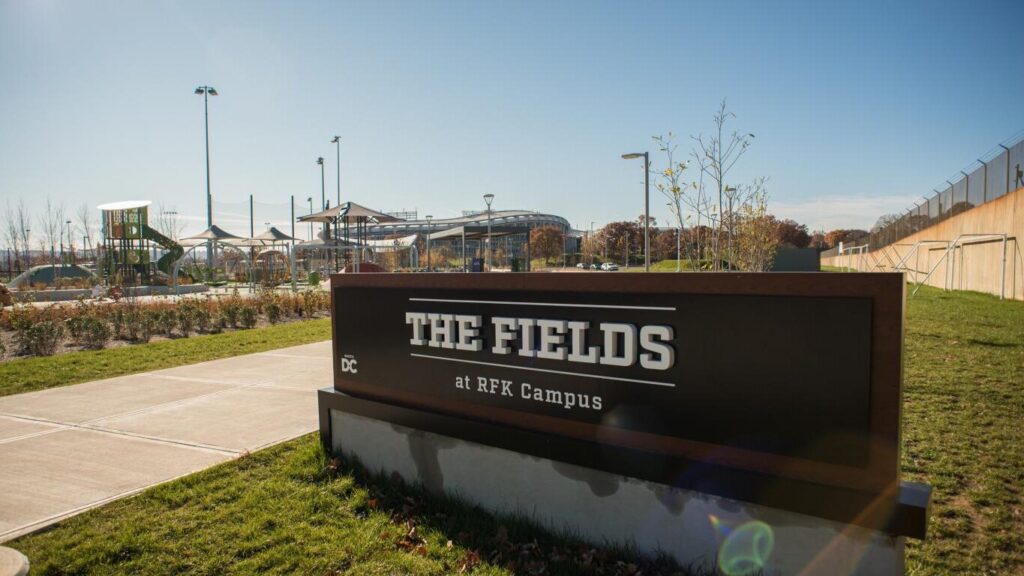I’m proud of the Washington Commanders and could not be more thrilled to see the new team leadership take them in a positive direction. The Commanders have a rich history and a years-long cultural legacy. Our collective pride is something that everyone from avid fans to casually interested residents can share.
But the fact remains that the District cannot afford to spend $1 billion in taxpayer money on a sports stadium for a privately held team.
That’s $1 billion that could be invested in schools, libraries, housing, parks, recreation centers, and other amenities—right there in Ward 7, or across the District, the things that make D.C. the vibrant place we love to call home.
And while I hear some people say that a new stadium would pay for itself with new revenue, that is, unfortunately, highly unlikely. Study after study has shown that football stadiums are not a good financial investment for municipal governments.
As I told WTOP News this week, the District of Columbia is in a precarious financial situation right now. Our local funds have been tied up by Congress, our bond rating has been downgraded as a result of that, and we’re about to get a budget that will almost surely include some painful cuts. I don’t understand why the Mayor would use taxpayer money to assist billionaires in financing a football stadium that will benefit them, not us.
As Washington Post columnist Barry Svrluga wrote, the victory announcement “is at best premature and at worst disrespectful to the citizens who are going to be footing the bill.”
In fact, significant development can occur and has occurred all around the city without handing over huge sums of cash to private developers and team owners. Officials in Maryland are already making plans to demolish the Commanders stadium in Landover and transform the site into a “vibrant mixed-use development.” In Prince George’s County, the stadium has not been a major tax generator.
“Currently we have a nearly 200-acre property that gets used eight times a year for a few hours, and I have said from my earliest days as governor that the people of the area deserve better.”
–Wes Moore, Governor of Maryland
The draft agreement—which Councilmembers only received after the public announcement—calls for the team to build lots of houses, but contains no timeline for when, no requirement for how many units will be built, how affordable they will be, or who will pay for them. Imagine what kinds of proposals we might get if we opened up the site and asked developers what could be done with the land.
For those who say nothing has happened at the site for 15 years, remember that it was only this year that D.C. was given the authority by Congress for uses beyond sports and recreation at the 180-acre RFK property.
The bottom line is that a stadium only works financially for team owners if the city kicks in a lot of money, and that doesn’t work financially for D.C. residents and taxpayers. And $1 billion is the floor, not the ceiling, on the total cost. There’s the cost of a new metro station (at least $300 million), additional parking, and city services such as emergency medical services, police and traffic control. Even the $500 million for infrastructure will likely cost taxpayers nearly double that amount when paying interest over 20 to 30 years.
The District has a tremendous opportunity with the RFK land. Let’s use it to enrich our residents and our community, not private owners who will turn a huge profit with taxpayer dollars that would be better spent on residents’ needs.
